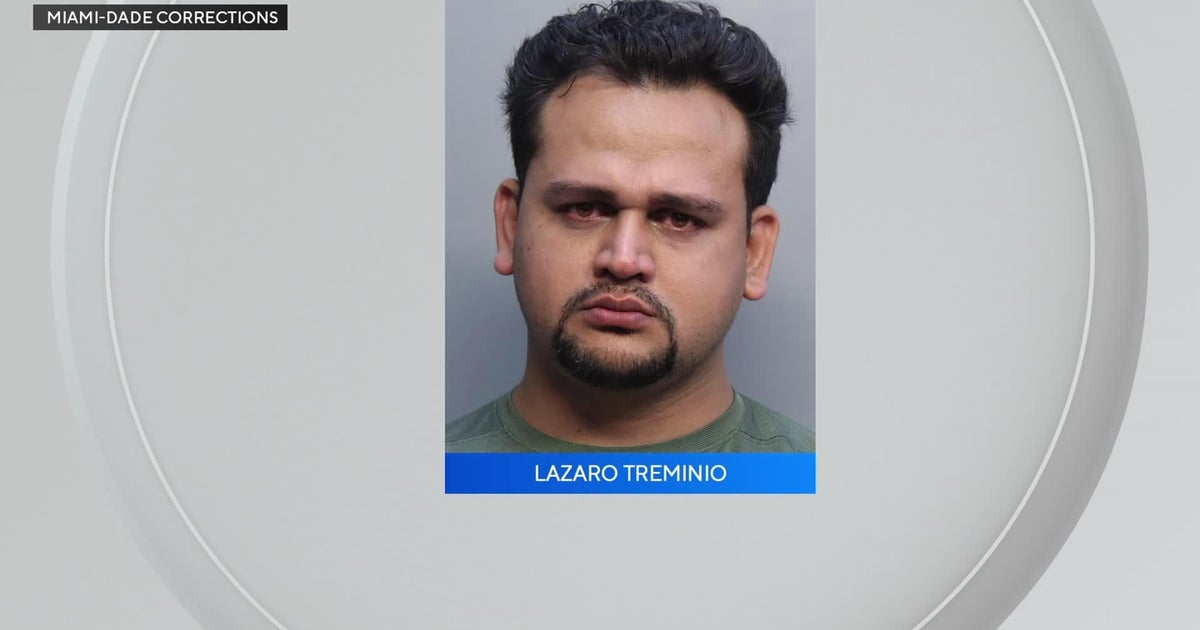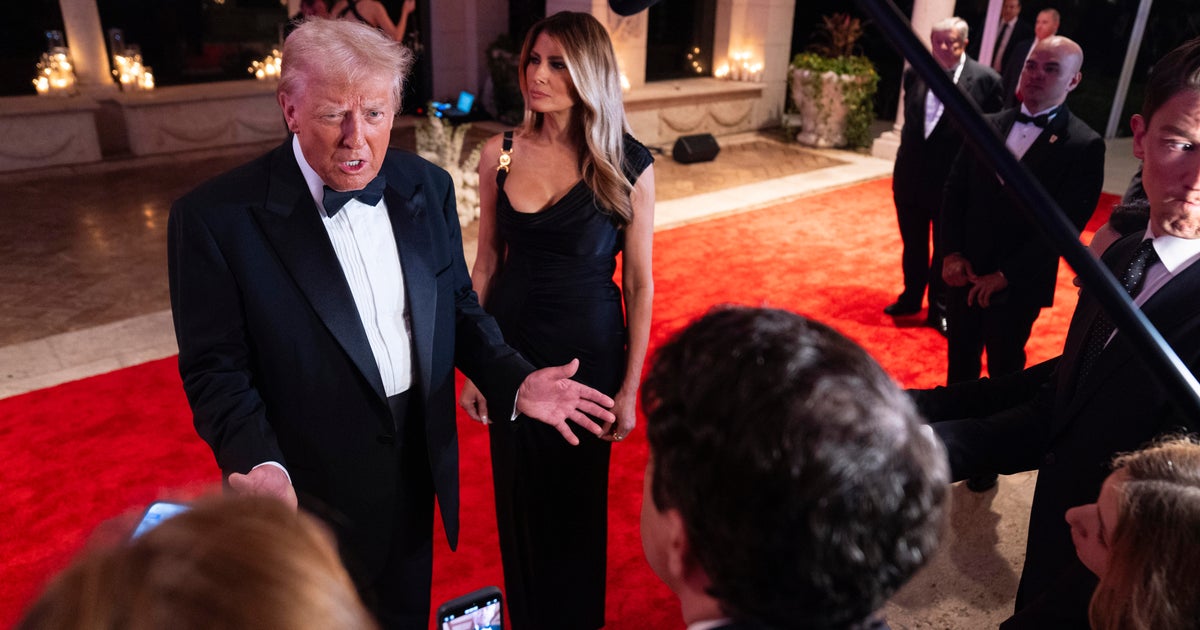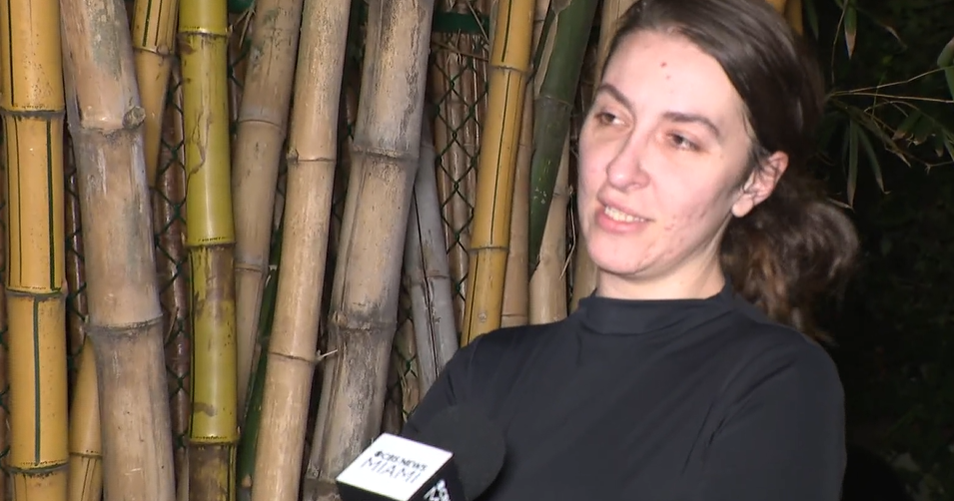Trump aide Walt Nauta pleads not guilty to charges of mishandling classified documents
MIAMI - Walt Nauta, an aide to former President Donald Trump, pleaded not guilty Thursday to multiple counts related to the mishandling of classified documents at Mar-a-Lago, including several obstruction and concealment-related charges.
The two-minute procedural hearing moves Nauta and Trump toward trial together in the historic case alleging mishandling of national security records and obstruction of justice. Trump is accused of illegally keeping classified documents from his presidency at his Mar-a-Lago resort and Nauta is accused of helping him to hide those documents from the federal government.
The hearing marks a rare moment with the court's focus on Nauta, a 40-year-old Navy veteran who grew up in Guam, and highlights how the lesser-known defendant has already managed to slow down the trial calendar, a common practice of Trump's in court.
Nauta has added a Florida lawyer to his defense team, Sasha Dadan, a former public defender who has experience trying cases in south Florida, according to a source familiar with the situation.
Nauta served as a military valet in the White House under then-President Trump and traveled to Florida with Trump when he left office, eventually taking on the role of his personal aide. Nauta is a constant by Trump's side, as other close aides and advisers have cycled out of the former president's orbit. The two have continued their intense working relationship, despite the complications of Nauta being named as Trump's co-defendant and a judge ordering the two in June to not communicate about the case.
Late last week, Nauta accompanied Trump on a political appearance in Philadelphia, where the two were photographed side-by-side ordering cheesesteaks at a famous city institution.
Trump pleaded not guilty last month.
Nauta attended that hearing as well, as both were given the conditions they must meet as they await trial. But the aide didn't have a lawyer in Florida who could assist with his representation, delaying his initial plea.
Even in the days after the indictment, the approach to the case of the former president and his body man has remained entwined. It's possible Trump's and Nauta's interests could diverge, as conspiracy defendants' sometimes do, such as if one entertains pleading guilty in response to an offer of leniency from prosecutors. But so far, sources say both are convinced they should take their cases to trial in Florida to try to earn a jury's acquittal.
Trump met with a handful of lawyers based in Florida whom he considered hiring to represent him before their initial appearance in Miami in June. Nauta's DC-based attorney, Stanley Woodward, also sat in on most of the meetings, with the understanding that if Trump didn't hire some of the attorneys, they also could be considered to represent Nauta, sources say.
Trump-controlled entities are expected to continue footing the bill for Nauta's representation.
Trump, as both a star-maker for lawyers and as a notoriously difficult client, makes the case both enticing and intimidating for potential attorneys. Some of the lawyers who've been considered in Florida have demanded premium payments because of the high-profile challenges of the case and the difficult history Trump has had with lawyers, the sources say.
"I would advise people to consider it seriously. It is an interesting case. It is an important issue," Timothy Parlatore, who represented Trump as his properties were searched for more classified records late last year but has since left the legal team, told CNN's Paula Reid in recent days.
"If you can work out a deal where you have the ability, the autonomy, to practice what we do without indifference, do it," he said. "I don't know why Walt is having such trouble, because I think that would be a representation a lot of people will be interested in."
At a previous hearing, a magistrate judge told Woodward July 6 is his "drop-dead deadline to get somebody on board" from Florida to represent Nauta.
Trial dates can frequently move, and defendants' legal teams often employ delay tactics.
But the unprecedented nature of Trump and Nauta's case, as Trump runs again for the White House, makes timing even more crucial with primary voting for the 2024 GOP nomination beginning early next year. If Trump were to win the presidency in late 2024, additional constitutional issues that could protect him would come back into play.
The special counsel's office has said repeatedly it believes the case isn't complex and should move to trial as quickly as possible.
A trial, however, is unlikely to begin before winter, according to court filings in the case. Judge Aileen Cannon, the federal district judge overseeing the case in South Florida, initially set an August trial date, but prosecutors have already asked to begin the trial in December.
Trump's legal team has indicated they disagree with a December start date and are due to float their own proposed trial schedule next week.



